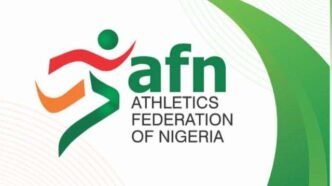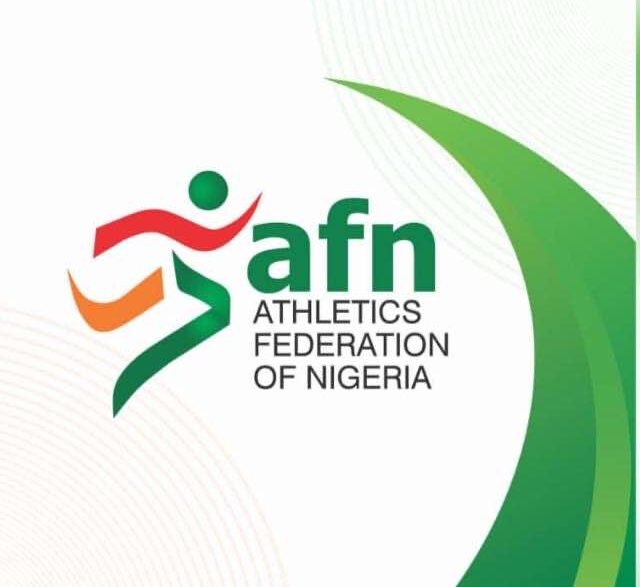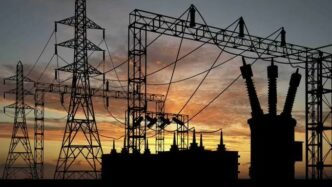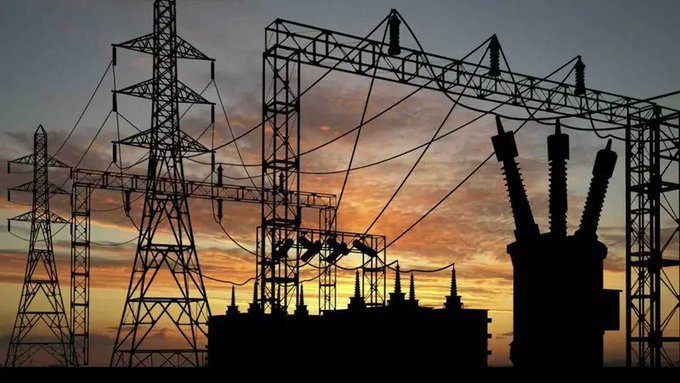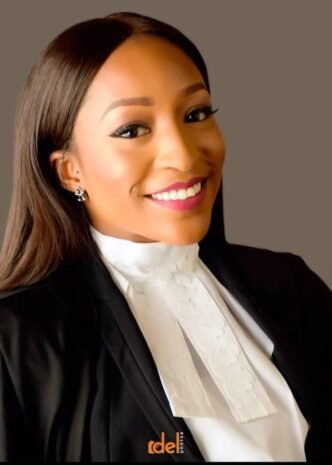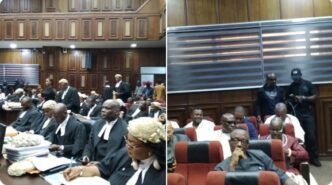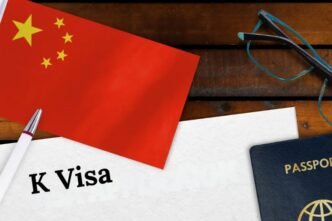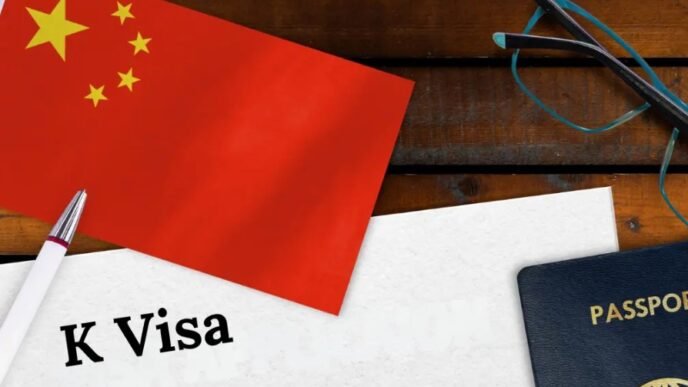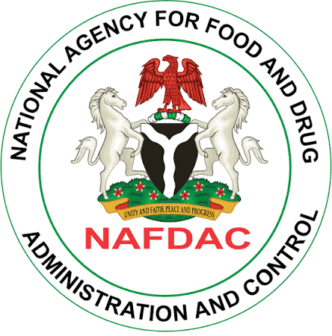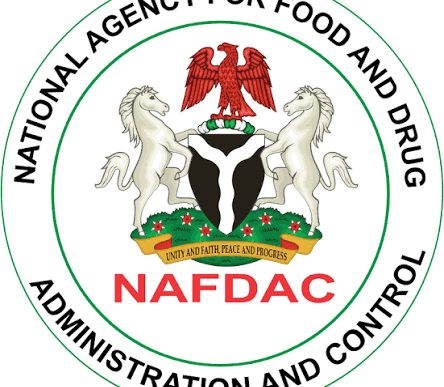September 29, 2025 | Lagos
The Technical Director of the Athletics Federation of Nigeria (AFN), Gabriel Okon, has urged the Federal Government and the National Sports Commission (NSC) to take concrete steps toward providing adequate financial support for the growth and development of athletics in Nigeria.
Okon, who just returned from the World Athletics Championships in Tokyo, faulted the recurring excuse of “lack of funds” often cited by government officials, describing it as retrogressive and damaging to the nation’s sporting future.
Call for Greater Commitment
In a statement issued in Lagos on Monday, Okon emphasised that Nigeria’s athletes cannot compete favourably on the global stage without a consistent and sustainable funding model.
“Excuses of no funds cannot continue to hold Nigerian sports hostage,” he said. “If we want our athletes to excel internationally, we must invest in them consistently, from grassroots to elite levels. Without this, we will keep recording poor outings at major competitions.”
Lessons from the Tokyo World Championships
Okon noted that Nigeria’s performance at the recently concluded World Athletics Championships underscored the need for urgent reforms in how sports are funded. He pointed out that other countries invest heavily in training facilities, athlete welfare, coaching, and scientific support, while Nigerian athletes are often left to prepare under poor conditions.
“Many of the countries dominating athletics today are not necessarily wealthier than Nigeria, but they prioritise sports development. We cannot continue to neglect our athletes and expect miracles,” he said.
The Funding Gap in Nigerian Athletics
Nigeria has produced world-class athletes in the past, from Chioma Ajunwa to Blessing Okagbare and Tobi Amusan. However, stakeholders argue that inconsistent funding and poor management have hindered the sustained growth of athletics.
Okon highlighted several areas requiring urgent financial intervention:
- Grassroots development: Identifying and nurturing talent in schools and communities.
- Training infrastructure: Modern tracks, gyms, and recovery facilities.
- Coaching and technical support: Continuous training for coaches and access to sports science.
- Athlete welfare: Scholarships, stipends, and insurance for athletes in training camps.
- International exposure: Regular participation in global competitions for experience and ranking.
Criticism of Government Excuses
Okon said the frequent reliance on “budgetary constraints” was no longer acceptable. He argued that Nigeria’s large youth population represents a significant resource that should be channelled into sports for both national pride and economic benefits.
“Every time government officials say there is no money, what they are really saying is that sports is not a priority. But sports is a unifier, a job creator, and a tool for national branding. We cannot keep treating it as an afterthought,” he stressed.
Calls for a Sustainable Model
The AFN Technical Director suggested that Nigeria adopt a public–private partnership (PPP) model, where government creates policies that encourage corporate bodies to invest in sports. He also advocated the establishment of an Athletics Development Fund, which would pool resources from government, private sponsors, and international partners.
According to him, long-term planning, rather than ad-hoc funding during competitions, is the only way Nigerian athletes can consistently rank among the best in the world.
Reactions from Stakeholders
Sports analysts and stakeholders echoed Okon’s concerns, noting that Nigeria risks falling further behind if reforms are not implemented.
A Lagos-based coach, Emeka Nwosu, said: “Athletes are willing to work hard, but without adequate support, they burn out. We need facilities, medical support, and incentives. Gabriel Okon is right—the government must change its approach.”
Parents of young athletes also called for better grassroots programmes, saying many talented youths abandon sports due to lack of encouragement and financial support.
Conclusion
Okon’s intervention comes at a time when Nigeria is grappling with underwhelming performances in international athletics competitions. His call highlights the urgent need for the Federal Government and the National Sports Commission to rethink their funding strategy for sports, particularly athletics.
With the 2026 Commonwealth Games and the next Olympic cycle approaching, the question remains: Will Nigeria rise to the challenge and properly invest in its athletes, or continue to rely on last-minute preparations and excuses of “no funds”?

